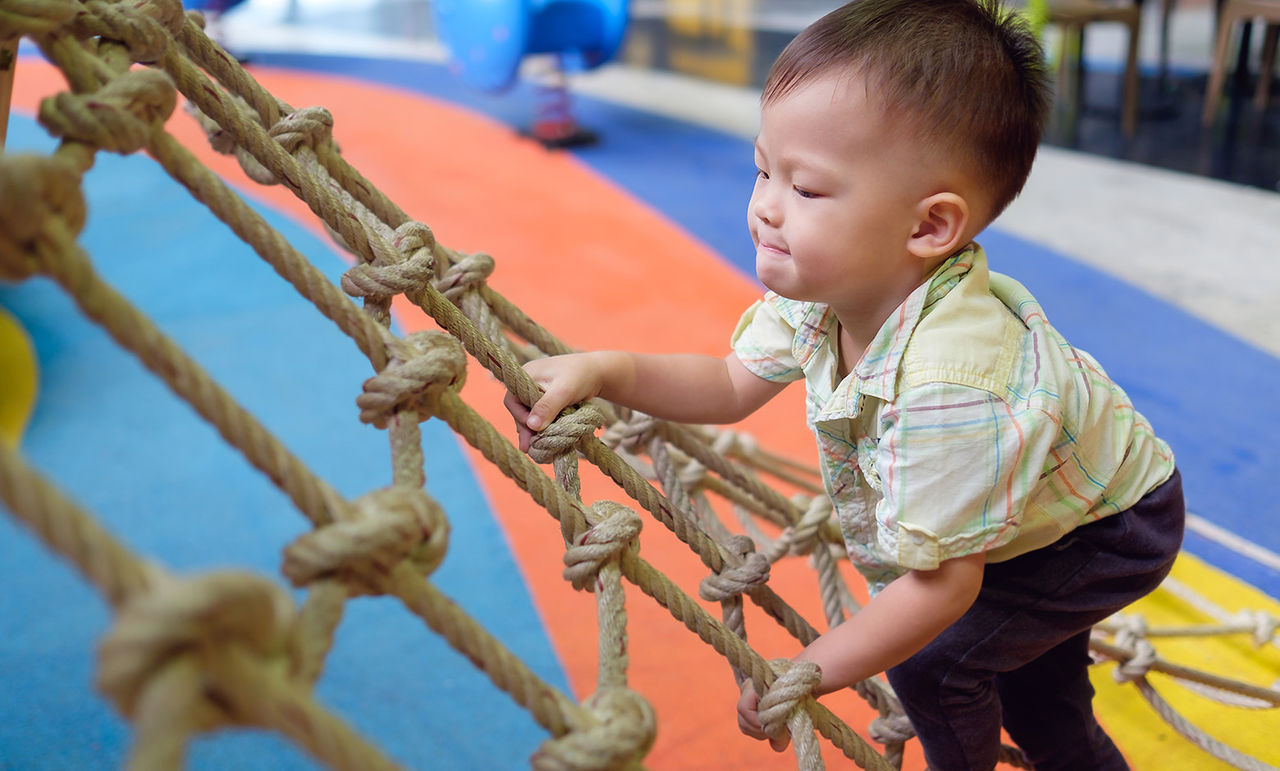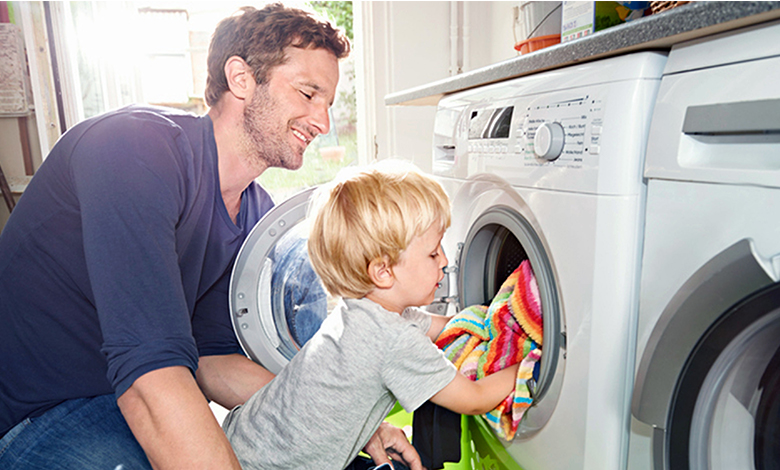- Stress is not inherently bad
- Developmentally appropriate stress can help build your child’s resilience
- A parent’s response determines whether the stress is positive or negative
Why ‘positive stress’ can actually help your child’s resilience

Key points
Dr Justin Coulson - Leading Parenting Expert
Stress gets a bad rap, but it’s really just the way we respond to any demand for change. Whenever we’re feeling strained or pressured, we are experiencing stress. When we exercise, it’s the physical stress on our muscles that makes them stronger, but if we put too much stress on them we run the risk of fatigue or a broken–down body. When it comes to helping our kids deal with mental stress, it’s about finding that same balance.
The good side of stress
As adults, stress can give us a sense of purpose. It can keep us focused, energised and get us into a state of flow, that positive feeling of being completely immersed in a task. But for kids, everything is stressful, especially during early childhood when they don’t have theory of mind (the ability to understand that others see the world differently to them), or language skills, or emotional regulation ability. They struggle to regulate their behaviour too! It’s all such a challenge! By making sure this stress is positive – that is strengthening, not damaging – we can raise resilient children.
What stress tests can tell us
David Lyons, a researcher from Stanford University, did some interesting work in stress by performing studies on two groups of monkeys. At 17 weeks old, the monkeys in group one were separated from their mothers for one hour each week for 10 weeks. This mimicked the natural stage where mothers would head out to forage. The second group of monkeys remained with their mothers. Lyons discovered that by the time both groups were nine months of age, the monkeys in group two became more distressed in situations that were new to them.Conversely, the monkeys in group one who had early age short-term separations, tended to respond in functional and resilient ways to anything new or challenging – including foods, puzzles, challenges and lengthened periods of absence from their mothers.Lyons and other researchers who brought this into the human world discovered that stress is positive as long as it doesn’t become too great, and that the right amount of stress aids development.
The right amount of stress can build resilience
The message is, if we expose our children to levels of stress that are too great for their developmental maturity, it will be bad for them. We’re likely to see anxiety, depression and immobilisation. But if we make sure the stress our children experience is developmentally appropriate and not too weighty, it can be strengthening. Our children become more resilient and more capable of coping with what life sends their way.
Our role as parents
So, what can parents do to expose their children to appropriate levels of stress? The answer is nothing – time will look after that for you. When our kids lean into life, they are going to experience developmentally appropriate stress and adversity. We need to ensure the elements are not too strong to cause damage.The biggest thing that will determine if our child experiences positive or negative stress is actually not the stress itself – it’s how we support them through it. By being there for them and compassionately recognising their struggles (while NOT fixing every challenge they encounter), we’re helping our child understand that stress is a normal part of life, and we can guide them to recognise that the tools they need to cope are within them, and that they’re getting stronger every day.
Related pages

Get in touch with our Careline experts
When your little one is unhappy or unwell you want reliable support from a trusted source. Our Careline team of nutritionists, dietitians and midwives specialise in infant and child health, offering free nutrition, feeding and product information.
Every feeding journey is unique
Not every parent can produce breast milk. No matter what choice you make, we will support your unique feeding journey.
We at Nutricia believe in providing the best nutrition for babies, which is why we recognise breast milk is uniquely superior for babies as it provides many benefits. It is important that mums have a healthy diet to support breastfeeding. A decision not to breastfeed, or partial bottle feed, may reduce breast milk supply making it difficult to reverse. The cost and social implications of using feeding methods should be considered. Always seek professional advice about feeding your baby. Ensure formula is used as directed as improper use can affect baby’s health.
REMEMBER: The information on this page is general only. If you have any concerns about your baby’s poo or questions about constipation or any other health concerns, please speak to a healthcare professional, like a Pharmacist, GP or Maternal Child Health Nurse.



